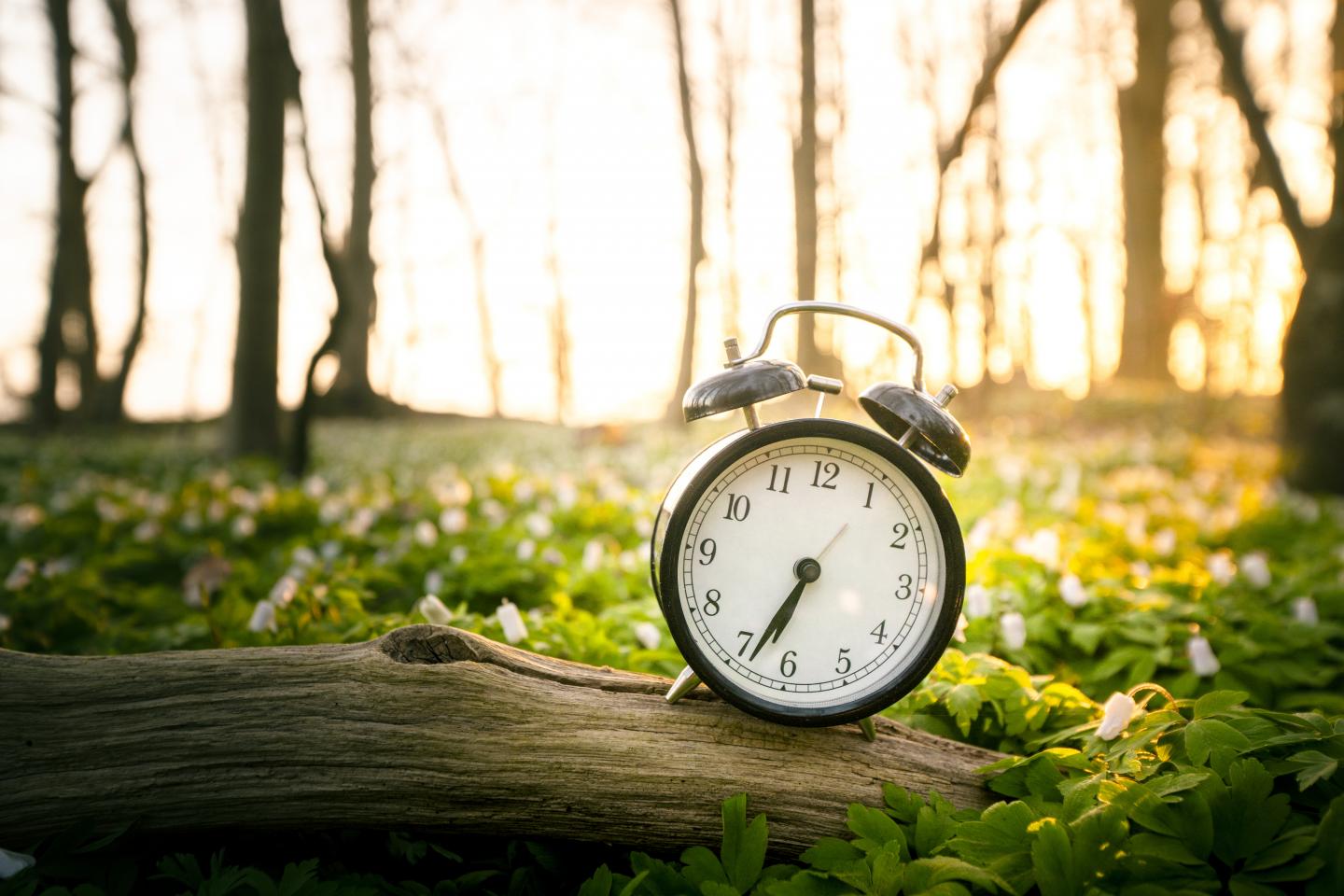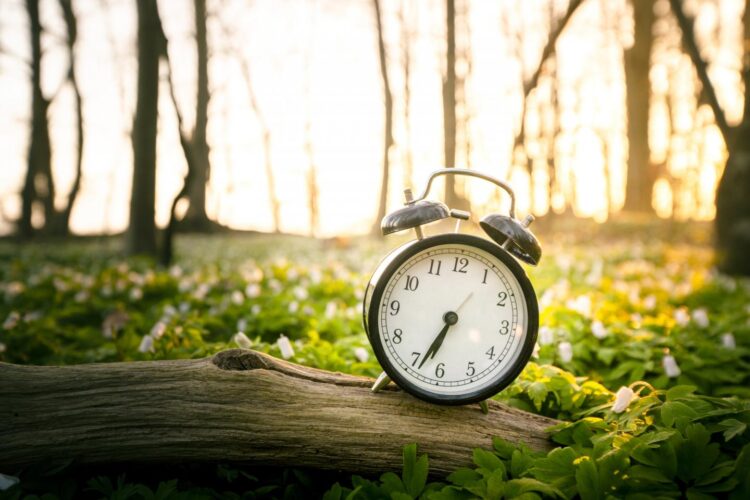Night time clock helps plants know when to grow

Credit: Getty
A University of Melbourne led study has established how plants use their metabolism to tell time and know when to grow – a discovery that could help leverage growing crops in different environments, including different seasons, different latitudes or even in artificial environments and vertical gardens.
Published in the PNAS journal, Superoxide is promoted by sucrose and affects amplitude of circadian rhythms in the evening, details how plants use their metabolism to sense time at dusk and help conserve energy produced from sunlight during the day.
Lead researcher Dr Mike Haydon, from the School of BioSciences, said while plants don’t sleep as humans do, their metabolism is adjusted during the night to conserve energy for the big day ahead of making their own food using energy from sunlight, or photosynthesis.
“Getting the timing of this daily cycle of metabolism right is really important because getting it wrong is detrimental to growth and survival,” Dr Haydon said. “Plants can’t stumble to the fridge in the middle of the night if they get hungry so they have to predict the length of the night so there’s enough energy to last until sunrise; a bit like setting an alarm clock.”
Dr Haydon and collaborators had earlier shown that the accumulation of sugars produced from photosynthesis give the plant important information about the amount of sugar generated in the morning and sends signals to what’s known as the circadian clock, to adjust its pace.
“We have now found that a different metabolic signal, called superoxide, acts at dusk and changes the activity of circadian clock genes in the evening,” said Dr Haydon. “We also found that this signal affects plant growth. We think this signal could be providing information to the plant about metabolic activity as the sun sets.”
Researchers hope the study will be invaluable in the world producing more food, more reliably.
“As we strive to produce more food for the increasing global population in the face of changing climate, we may need to grow crops in different environments such as different seasons, different latitudes or even in artificial environments like vertical gardens,” Dr Haydon said.
“Understanding how plants optimise rhythms of metabolism could be useful information to allow us to fine-tune their circadian clocks to suit these conditions and maximise future yields.”
###
Media Contact
Lito Vilisoni Wilson
[email protected]
Original Source
https:/
Related Journal Article
http://dx.





